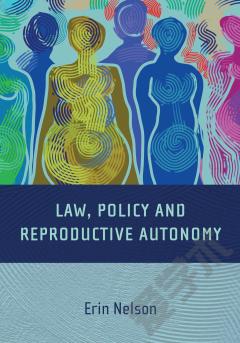Governed through Choice: Autonomy, Technology, and the Politics of Reproduction
At the center of the war on women lies the fact that women in the contemporary United States are facing more widespread and increased surveillance of their reproductive health and decisions. In recent years states have passed a record number of laws restricting abortion. Physicians continue to sterilize some women against their will, especially those in prison, while other women who choose to forego reproduction cannot find physicians to sterilize them. While these actions seem to undermine women's decision-making authority, experts and state actors often defend them in terms of promoting women's autonomy. In Governed through Choice, Jennifer M. Denbow exposes the way that the notion of autonomy allows for this apparent contradiction and explores how it plays out in recent reproductive law, including newly enacted informed consent to abortion laws like ultrasound mandates and the regulation of sterilization. Denbow also shows how developments in reproductive technology, which would seem to increase women's options and autonomy, provide even more opportunities for state management of women's bodies. The book argues that notions of autonomy and choice, as well as transformations in reproductive technology, converge to enable the state's surveillance of women and undermine their decision-making authority. Yet, Denbow asserts that there is a way forward and offers an alternative understanding of autonomy that focuses on critique and social transformation. Moreover, while reproductive technologies may heighten surveillance, they can also help disrupt oppressive norms about reproduction and gender, and create space for transformation. A critically important analysis, Governed through Choice is a trailblazing look at how the law regulates women's bodies as reproductive sites and what can be done about it.
{{comment.content}}








 京公网安备 11010802027623号
京公网安备 11010802027623号